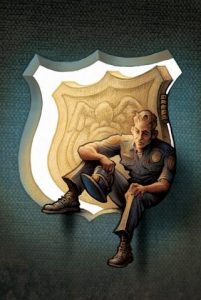The Unprofessionals
In the decade after the American Civil War, Congress ratified three Amendments (the Thirteenth, Fourteenth, and Fifteenth) and passed five civil rights statutes (the Freedmen’s Bureau Act of 1866, the Civil Rights Act of 1866, the Civil Rights Act of 1870, the Civil Rights Act of 1871, and the Civil Rights Act of 1875) in an attempt to integrate African Americans into society and provide them with the full rights and privileges of citizenship. From rights to vote, hold property, and contract, to rights of access to the courts, public infrastructure, and the marketplace, these enactments represented a dream of reconstruction that strove toward a more universal application of the ideals of the Declaration of Independence. In striking down and interpreting these laws, the decisions of the Supreme Court played a crucial role in curtailing the promise of this older civil rights movement. The Court’s undermining of the laws led to the legal segregation, discrimination, terrorizing, denial of due process, lynching, murdering, exploitation, and injustice that characterizes the African American experience in the century that followed.
The highlight reel that we all study in Constitutional Law class includes:

 This third and final post reflecting the “In Search of Better Outcomes” theme of the new Marquette Lawyer magazine begins with a third pair of articles, the one that actually provides the quoted phrase (see
This third and final post reflecting the “In Search of Better Outcomes” theme of the new Marquette Lawyer magazine begins with a third pair of articles, the one that actually provides the quoted phrase (see